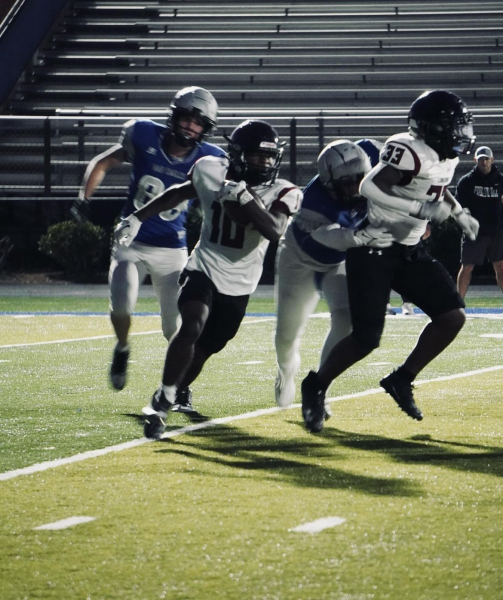Pro Gaming is Still Gaming: Taking the Sports out of Esports
In the ever-increasing realm of competitive events, video games seem to have made their stance on being on par with the likes of football or basketball. “Esports” players are now considered professional athletes and their competitions generate the same, if not, more revenue as the NFL playoffs or NBA finals. While I do agree with the notion that competitive gaming is worthy of being a spectator event and can be exciting to watch, it is by no means a sport of any kind. There is simply no contest in comparison to the physical grit and rigor that professional athletes must endure when put beside a professional League of Legends or Fortnite player.
The Cambridge English Dictionary definition for the word, sport is, “A game, competition, or activity needing physical effort and skill that is played or done according to rules, for enjoyment and/or as a job.” The keywords in this official definition would be “physical effort”. In other words, the human body and mind must undergo extensive trials to improve its shape and form through vigorous exercises in order to excel at the competition they are faced with, whether that be shooting balls through hoops or achieving pinpoint accuracy with a bow-and-arrow. I find that there is a considerable lack of this element in professional gaming. Sure, you train yourself to push the buttons on a keyboard or controller as fast as possible, as well as react and adapt to virtual situations, but this isn’t the physical exertion that merits the spirit of real sports competition. I am by no means a professional athlete myself, but I can tell which of these two realms of competition requires more hard physical work.
Now, I am firm in my belief that gaming should not be considered a sport. However, I do find that the professional gaming scene is commendable in garnering hundreds of thousands of spectators and attracting a hefty amount of money into the industry. I have seen a few of the events myself and I have to admit that they can get pretty exciting if you know what’s going on. Video-games, after all, offer a competitive experience that can set itself apart from the constraints of reality, trading a simple ice rink for a huge, chaotic battlefield or replacing a claustrophobic boxing ring with multiple platforms floating in iconic Nintendo locales. If the circumstances allow, I would be happy to pay to see someone execute a flawless victory with a 30-hit combo in Mortal Kombat or see the single surviving player of his whole squad execute the entire enemy team while trying to defuse a bomb in Counter-Strike, all amidst the surging energy of crowds of like-minded gamers. This, however, doesn’t enable them to call themselves pro athletes or to write down their favorite eSports organization when asked for their favorite sports team.
I know that the popular trend of pro gaming won’t be stopping anytime soon, so I might as well get used to seeing it on big-name networks like ESPN every once in a while, but no matter how big of an industry eSports gets, I wouldn’t call it a sport. I love gaming as a hobby and as the occasional late-night time-waster, but I don’t see myself sweating myself to exhaustion or hitting the gym when trying to improve my Injustice or Call of Duty skills.
Your donation will help support The Lambert Post, Lambert High Schools student-run newspaper! Your contribution will allow us to purchase equipment and cover website hosting costs.













